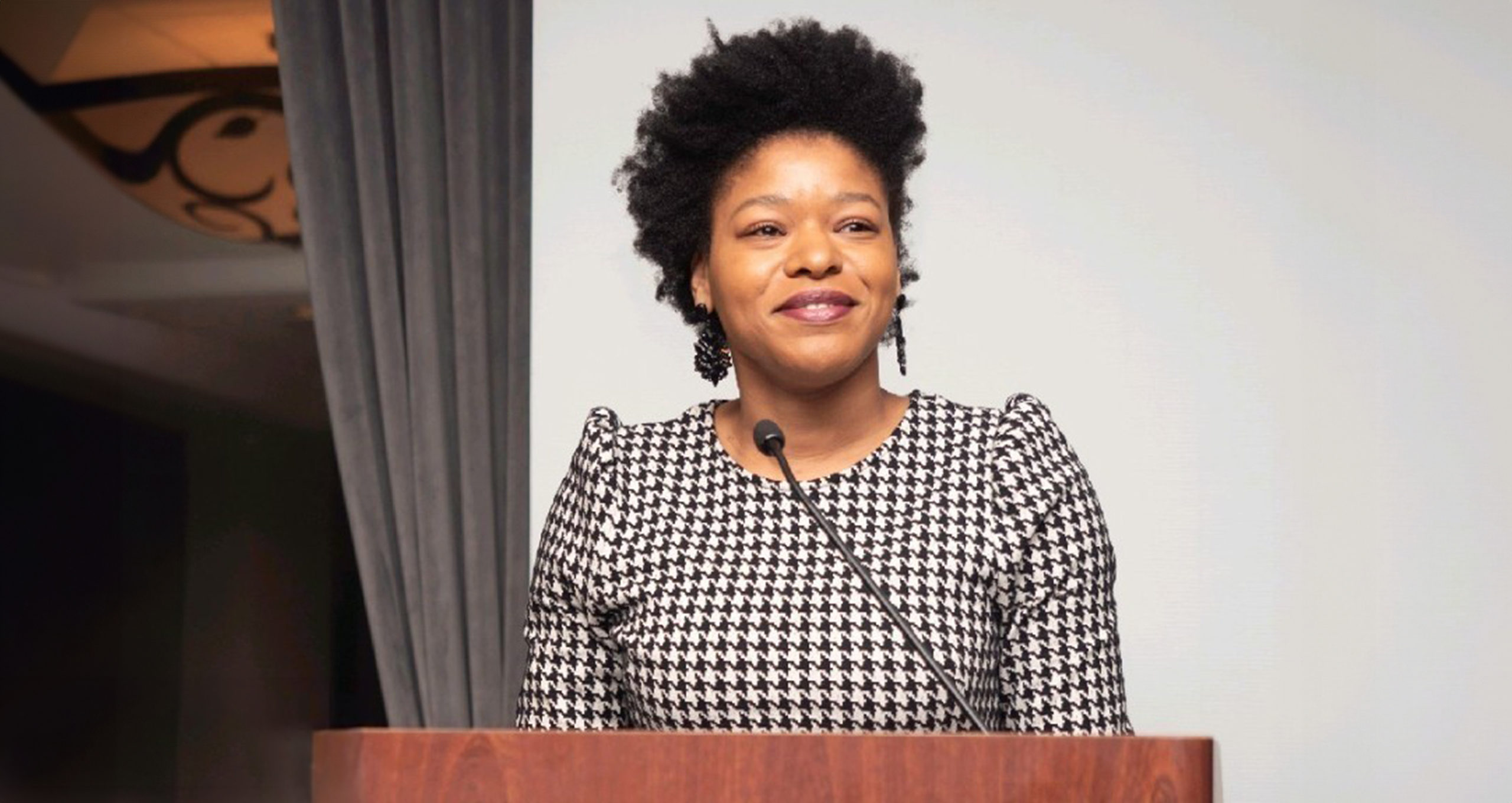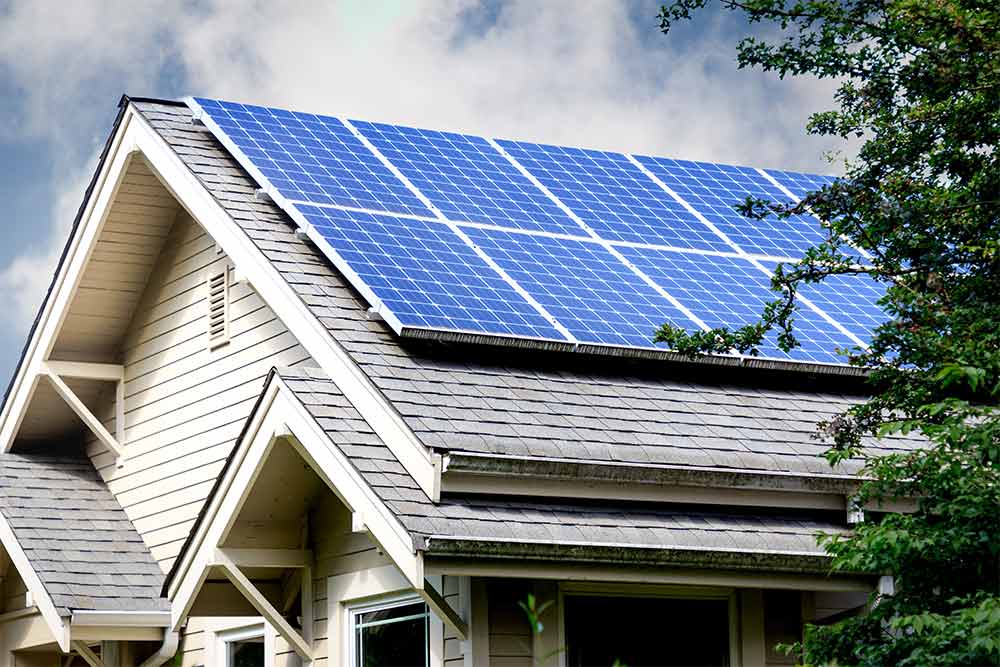What’s Holding Back Wisconsin’s Solar Market?
As solar projects flourish in neighboring Midwestern states, Wisconsin’s solar market has been comparatively stagnant in the past five years. What is the cause for this amidst increasing federal investment in renewable energy? Regulatory inaction, failed state legislation, and the threat that Wisconsin’s largest utility, We Energies, poses to the completion of projects, are largely to blame.
How is this happening? While most states use a financing tool called “third-party financing” that makes solar systems cheaper and easier to manage and provides access to schools, hospitals, and churches, Wisconsin legislators, the Public Service Commission (PSC), and the courts have all failed to clarify state law in a way that would allow Wisconsinites to access that tool. Multiple years and lawsuits later, many wonder why they’re still being denied as advocates persist with a new effort that can use your support.
What is third-party solar?
Rather than having to purchase solar panels and pay for installation, third-party solar arrangements allow a property owner to lease a solar system or buy power from a third-party company who owns the system. This model not only eliminates upfront costs for customers, but it simplifies the process and eliminates risks for customers. Property owners only pay for the electricity they use and will not pay when the panels do not produce. With third-party owned systems, all maintenance is typically done by the system owner, eliminating the worry and risk of components failing.
Third-party solar also allows tax-exempt entities like local governments, schools, churches, and hospitals to take advantage of opportunities for tax incentives not otherwise available to them, which means countless organizations would be able to access solar energy benefits that they currently cannot. And because the solar industry understands this model and knows how to apply all available tax benefits and incentives, they can maximize the economic return for both parties. All of this commonly catalyzes the solar industry in emerging markets, lowering the costs for everyone, and streamlining the process for permitting authorities and interconnecting utilities. The cost benefit is especially important for low-to-moderate income households like those in Milwaukee, where the percentage of income paid toward utility bills, also known as energy burden, by Black and Brown neighborhoods are roughly double that of predominantly white neighborhoods. Third-party power agreements are authorized in at least 28 states and third-party financing is authorized in at least 29 states according to the EPA and Solar Energy Industries Association.
Wisconsin’s attempt to affirm third-party solar
Although third-party solar arrangements are not explicitly prohibited in Wisconsin, ongoing legal battles with We Energies, Wisconsin’s largest utility, have made developers reluctant to enter into them. A major third-party-financed solar project was planned in 2018 between Eagle Point Solar and the City of Milwaukee. Under this novel arrangement, Eagle Point would co-own and install solar arrays on six City buildings. The City signed a solar services agreement predicated on a co-ownership model: it would own 20% of each solar system while Eagle Point would own 80%, in addition to operating and maintaining the systems on three libraries, two public works buildings, and a police station/911 Call Center totaling 1.1-megawatts.
In the fall of 2018, We Energies effectively halted the project by refusing to allow solar arrays on City buildings to connect to its power grid, arguing that anyone who sells electricity must qualify as a public utility. Eagle Point owner Barry Shear disagreed, pointing out that all energy output would have only offset the City’s power demand, and no excess energy would flow back onto the local grid. Because countless system design hours and more than $1 million in equipment had already been spent, Shear appealed the denial to the PSC in the spring of 2019, which ruled that the broader issue should be decided by the legislature. He then sued the PSC, demanding it take a stance on the issue, but a circuit court dismissed the case.
An attempt at solar legislation
In 2021, State Sen. Robert Cowles (R-Green Bay) and State Rep. Rachael Cabral-Guevara (R-Appleton) co-sponsored draft legislation to specifically make third-party solar ownership legal and mandate their interconnection. Environmental advocates, construction and real estate groups, and the Wisconsin Conservative Energy Forum backed the legislation, with the Conservative Energy Forum’s Executive Director Scott Coenen explaining, “This is really a conservative argument around financing and consumer options — it is a very pro-consumer bill. We should not be outlawing financing options for someone who wants solar.” State Sen. Cowles thinks so too: “We’re just talking about leasing from somebody, borrowing money, so a series of payments over a period of years. And that’s illegal? And I say, ‘Why?’ I would wish the utilities would just accept this — like almost every other state in the nation — and not resist this.”
Utilities and energy cooperatives opposed the bill, citing an informal letter from 2012 in which a division administrator from the PSC asserted that third-party financed small-scale renewables indeed meet the definition of a public utility, and by invoking a “cost-shift argument” that when solar panels lower a customer’s bills, those customers are not paying their “fair share” to keep up electric grid infrastructure. The legislation failed to pass out of committee, and in the meantime, Wisconsin’s solar market has slowed significantly out of recognition of the threat that utilities pose to the completion of projects. And while We Energies company spokesperson Brendan Conway insisted that they do not oppose rooftop solar, solar and consumer advocates say the utility is only agreeable to the customer-sited solar projects that the utility itself owns.
Lawsuits to advance solar in Wisconsin
The Midwest Renewable Energy Association (MREA) also unsuccessfully sued Wisconsin state regulators, claiming that the market uncertainty around third-party solar financing is hindering local clean energy. The lawsuit argued that such financing helps make solar more attractive to customers who cannot outright buy or operate and maintain solar installations. “Rather than regulating monopoly utility companies and clarifying the legality of third-party financing, the PSC is illegally interfering with competitive clean energy alternatives for Wisconsin families and businesses,” the filing said. “The PSCW’s role – and what it does best – is to protect customers from the monopoly power of utilities, not to protect utilities when their customers want cleaner and more cost-effective options,” said Earthjustice attorney David Bender, who represented MREA in the litigation. The Portage County Circuit court judge dismissed the case in April 2022.
As solar projects proliferate in other states, the body of evidence for the cost-effectiveness of third-party rooftop solar continues to grow. Utility customers with third-party owned PV systems save money by avoiding the high return on investment that utilities charge ratepayers, in addition to bypassing expensive transmission lines by generating the power close to where it will be used. It also keeps investments in the community and produces more jobs per kilowatt than monopoly-owned power generation.
Elevate’s solar work in Wisconsin
Elevate has plans for pilot projects that aim to put solar on small, multi-family, affordable housing buildings in Wisconsin, and the outcome of this issue will have a significant impact on this work. If regulators or legislators decide to codify third-party owned solar and definitively permit aggregate (virtual) net metering, Elevate’s cost modeling for a 4-unit building demonstrates an 18% reduction in installation costs — from $43k to $35k. This leads to greater savings for owners and tenants, greater capacity to and ease of managing changes in load over time, and an eliminated risk of oversizing and loss of net metering.
What can we do?
Clarifying this issue to allow third-party solar generation can benefit renters, housing owners, public and private institutions, and Wisconsin as a whole. In the words of MREA executive director Nick Hylla, “Clean energy alternatives to the monopoly utility model can stand on their own. We are asking the PSCW to stop holding them back.”
On May 26, 2022 MREA and clean energy advocate Vote Solar filed petitions with the PSC to do just that — and issue a ruling that third-party financing is legal. If they do, MREA hopes to advance a pilot program to build at least three 20-kilowatt solar projects at Milwaukee-area public schools. Local nonprofit RENEW Wisconsin is asking stakeholders to submit statements in both proceedings (Docket Nos. 9300-DR-105 & 106) urging the PSC to accept the petitions and convene a proceeding to affirm third-party financing on its merits by June 14, 2022 saying, “PSC affirmation for third-party financing is essential to spreading the benefits of clean energy to all Wisconsin utility customers.”
Learn more
Want to learn more about our work? Check out the Policy team and our Solar Property Services page to learn more. Stay up to date with our latest news by subscribing to our newsletter.



